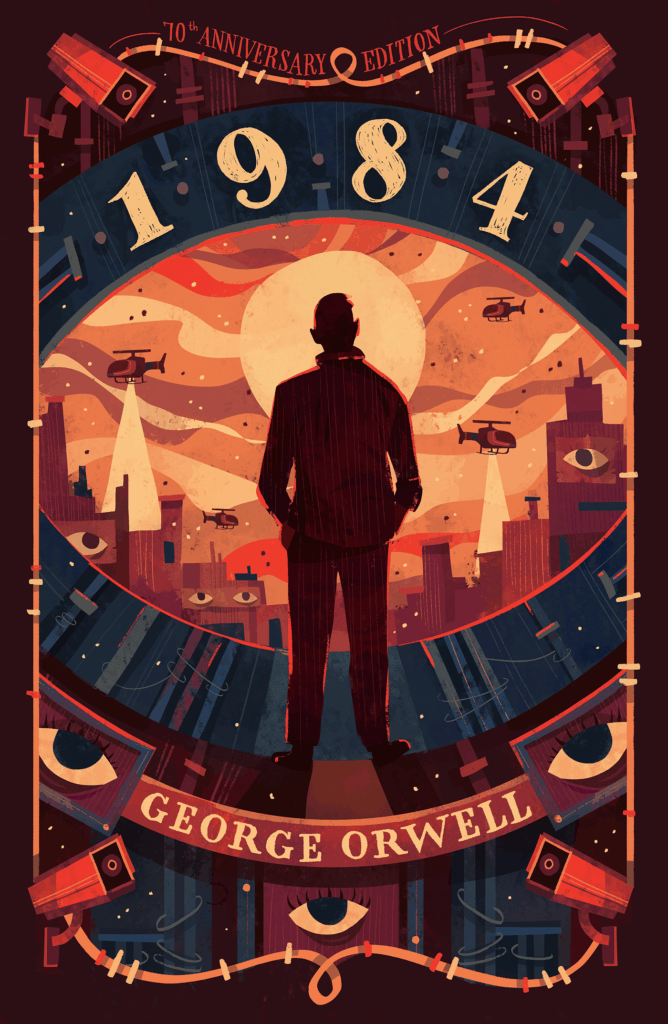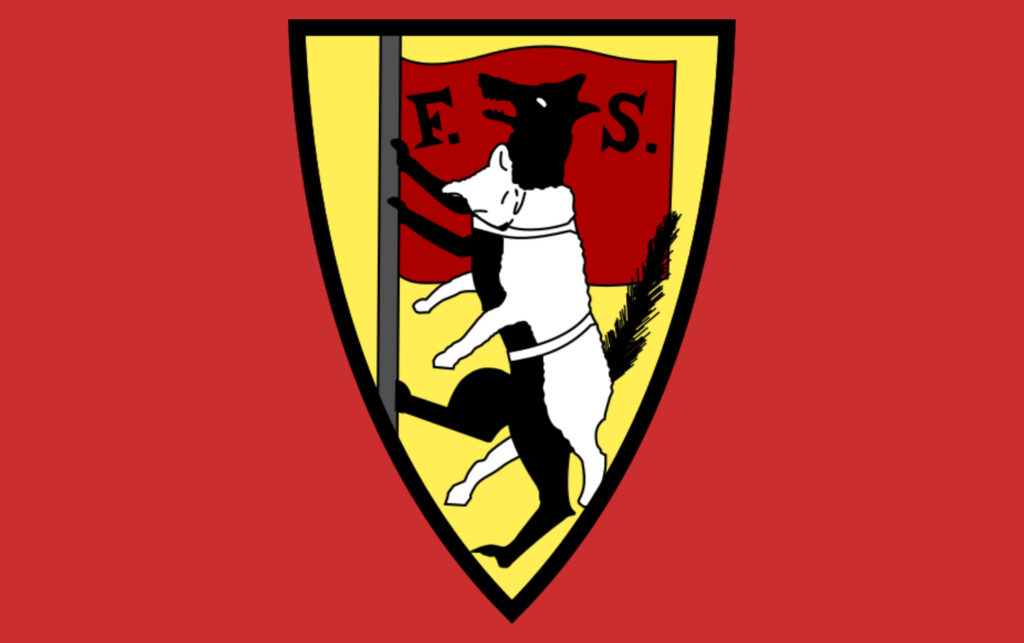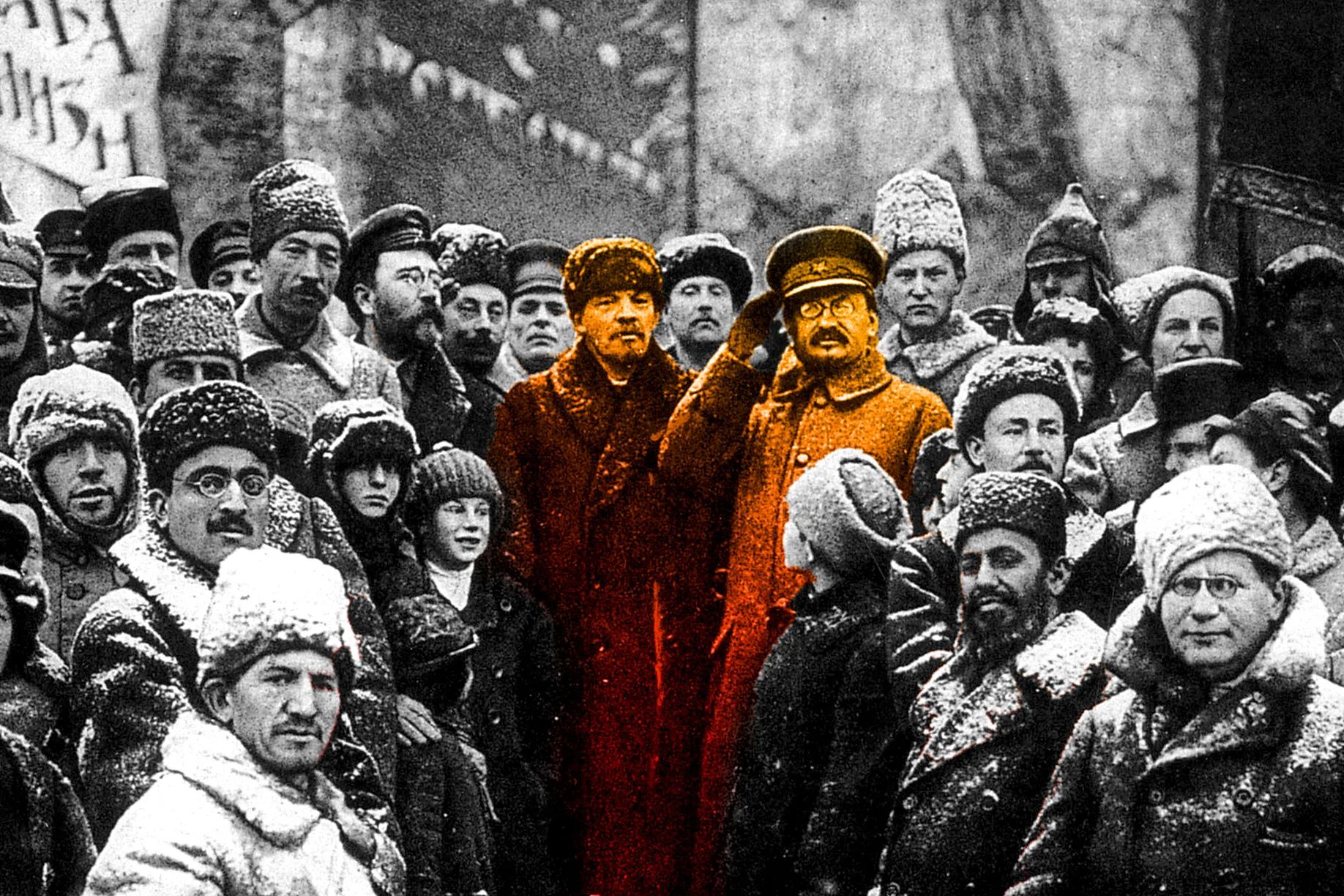On a gray October night in 1917, as Petrograd slept, a handful of armed Bolsheviks slipped through the snow-dusted streets and seized the Winter Palace. The provisional government fell without ceremony. There were no great speeches, no roaring crowds—just a quiet coup that would come to echo across the century. By dawn, Russia had crossed a threshold from which it would never return.
The Bolsheviks, led by Vladimir Lenin, believed they were midwives to history. In their vision, Marx’s theory of class struggle would be reborn on Russian soil as a scientific truth. Property would be abolished, inequality uprooted, and a new kind of human being would emerge from the ashes of the old world, one that was rational, selfless and part of the collective. But what began as a utopian promise quickly hardened into a machine of coercion. The pursuit of heaven on earth gave birth instead to one of the most comprehensive systems of earthly hell.
History shines a merciless light on mankind’s mistakes. It allows us to reflect, to learn, and if we are wise, to prevent their repetition.
Before the Second World War, more than twenty million Soviet citizens were executed, starved, or worked to death as a direct result of Bolshevik repression. Millions more perished in wars, epidemics, and famines born from the same ideology. A tragedy of such scale should have burned itself into our collective memory, ensuring it could never happen again.
Yet over a century later, the old thinking stirs once more.
In 2025, mainstream media warns of the “far right” as the greatest threat to democracy, while governments around the world edge toward Chinese-style digital ID systems. The ultimate instrument of control for an authoritarian state. Coupled with social-credit scoring and state-controlled digital currencies, such systems could turn free citizens into digital prisoners. At the same time, Western nations flood their borders with millions of undocumented migrants while branding anyone who dares to question the policy as “racist” or “right-wing.”
Ironically, the very term racism is often attributed to Leon Trotsky; a man so extreme he was murdered by his fellow communists.

For a new system to dominate the old, it must first destroy it. It does not matter if you are rich or poor, faithful or secular. If you stand against it, you are the enemy. And for that, you will be silenced, starved, or broken.
Lenin’s Creed: The Ends Justify the Means
It’s said that Lenin’s genius was his discipline: an iron belief that history itself was on his side. He regarded violence not as tragedy but as necessity, an instrument for the creation of the just society. In December 1917, within weeks of taking power, he created the Cheka, the secret police. Its task was not to enforce laws, but to enforce class justice. “We must suppress the bourgeoisie by terror,” Lenin declared. From that logic, rivers of blood would flow.
Between 1918 and 1922, during the civil war that followed, hundreds of thousands were executed or starved in what became known as the Red Terror. The targets were not merely the rich but anyone accused of “counter-revolutionary” thought. Priests were shot, nobles exiled and peasants hanged for hiding grain. The Orthodox Church, the spiritual heart of Russian identity, was crushed with deliberate symbolism: bells silenced, icons desecrated, relics melted for coin. A new faith, Marxism, had displaced the old.
Delusions of grandeur are false and exaggerated beliefs about one’s own importance or power. Unlike high self-esteem, such delusions are often rooted in mental illness. Those who never question their own sanity are often the ones most in need of doing so.
In modern politics, this arrogance manifests as ideological fanaticism. Cancel culture is its latest form. A self-righteous movement that destroys discourse under the guise of moral purity. Free speech is the cornerstone of liberty; without the risk of offence, honest discussion cannot exist. Who decides what is offensive when every culture and person differs? Cancel culture is a slope so slippery, that today’s enforcer becomes tomorrow’s victim.
We need only look to recent history to see this dynamic at work. During the COVID pandemic, dissenting voices were censored and silenced. Citizens were forced to isolate from loved ones while politicians who imposed those rules, broke them behind closed doors. Many who warned of vaccine risks were de-platformed in the name of “misinformation.” When speech is controlled, truth becomes whatever the authorities decree.
Now, under the UK’s 2025 Labour government, an elite police unit has been tasked with tracking citizens online, arresting those accused of “hate speech.” Even the EU has begun to express concern. Activist judges hand out harsh sentences for words while letting violent criminals walk free. History, it seems, repeats itself—with new uniforms but the same instincts.
Trotsky: The Sword of the Revolution
If Lenin was the mind, Leon Trotsky was the arm. As People’s Commissar for War, he built the Red Army from chaos into a disciplined force that defeated the anti-Bolshevik Whites. Trotsky was cold and ruthless. He embraced Lenin’s maxim that the revolution’s survival justified all cruelty. “Mercilessly, we will set fire to the world,” he once said, “to bring it new life.” In Kronstadt in 1921, when sailors who had fought for the revolution demanded free speech and democracy, Trotsky sent troops to slaughter them.
Trotsky envisioned permanent revolution—a ceaseless expansion of communism until the old world vanished. But Lenin’s death in 1924 opened a struggle for power that would end Trotsky’s dream and his life. Exiled, hunted, and ultimately murdered with an ice axe in Mexico, Trotsky became both architect and victim of the revolution’s logic.
Communism’s revolutionary rhetoric promised liberation; what it delivered was dependency. The movement that toppled old orders quickly learned that upheaval breeds fear, and fear demands control. That control begins not with magnanimity but with calculation: seize the instruments of life — food, work, shelter — and the populace becomes pliable. Speak against the Party and you will not eat; act against it and you will likely not live to regret it. Hunger and surveillance together do what arguments cannot.
Violence, however spectacular, is rarely the work of saints. Much of the brutality was driven not by titanic courage but by cowardice in high places. When leaders fear losing power, they outsource cruelty to functionaries, secret police and obedient party cadres. It is easier, after all, to issue orders from a warm office than to face the social consequences of reform. So the revolution’s moral language, equality, fraternity, historical necessity, was weaponised to justify purges, quotas and denunciations. Ideology became both helmet and shield: it sanctified repression while protecting its architects from facing the human cost.
This pattern, initial ferocity followed by bureaucratic consolidation, created the space in which routine cruelty could flourish. Trotsky’s ruthlessness forged armies and crushed uprisings; but it was the less theatrical, more administrative mechanisms: censorship, record-keeping, quotas, and arrest lists that allowed repression to scale. The revolution’s sword cleared the field; the bureaucratic fist kept it cleared.
When the fever of insurrection cooled, the apparatus remained and with it, the temptation to govern by habit and fear rather than by law or conscience. The stage was set for the revolution to become an empire: violent in its methods, cowardly in its concealment, and inexorable in its logic.
Stalin: The Revolution Becomes Empire
Joseph Stalin, Lenin’s chosen enforcer, transformed ideological terror into bureaucratic routine. Between 1929 and 1953, his rule institutionalised mass death. In the countryside, he imposed forced collectivisation, confiscating grain to fund industrial growth, triggering a famine that killed millions in Ukraine and southern Russia. Peasants labeled “kulaks” were arrested by quota, packed into cattle cars, and sent to the Gulag, a vast archipelago of labor camps stretching from the Arctic to Siberia.
Under Stalin, the revolution devoured its children. Party officials, generals, poets, and workers alike were swept into the Great Purge of 1937–38. Confessions were beaten from the innocent; old comrades denounced one another to survive another day. Historians estimate that by Stalin’s death, at least 20 million Soviet citizens had perished by execution, famine, forced labor, or exile.
The revolution that had promised liberation ended as a cult of obedience. The worker’s paradise had become a prison of fear.
In 1949, George Orwell published 1984, a warning to future generations about what happens when truth is replaced by ideology. In Orwell’s dystopia, history is rewritten daily, dissent is a thought-crime, and those who oppose the Party become “unpersons.” It was here that the phrase Big Brother was born, a symbol not just of surveillance, but of the death of individuality itself.

Orwell understood that tyranny does not begin with tanks or gulags, but with language — the slow corruption of words until they no longer describe reality. “Freedom is slavery,” “War is peace,” “Ignorance is strength.” When truth becomes flexible, morality follows. Once people are taught to repeat slogans instead of thinking for themselves, they cease to be individuals and become instruments. That was the essence of communism’s victory: not the conquest of land, but of the human mind.
Today, we live in an age that Orwell foresaw with chilling precision. Technology has replaced the telescreen, algorithms the Thought Police. Surveillance no longer needs to be forced; we carry it willingly in our pockets. The individual distracted, placated, and endlessly entertained, surrenders freedom for convenience, privacy for validation. We are watched not by one Big Brother, but by a million little ones.
The Death of the Individual
What communism destroyed most completely was the moral centre of the human being. The state became the source of truth; conscience, a counter-revolutionary luxury. Children were taught to inform on parents, neighbours to spy on neighbours. The great experiment in creating a “new man” succeeded only in breeding distrust and silence. The philosopher Nikolai Berdyaev, expelled from Russia in 1922, wrote that Bolshevism was “a new form of medieval theocracy, but without God.”
The paradox was total: in abolishing faith and hierarchy, the revolution created its own sacred order, demanding worship of the Party and sacrifice to the collective. The empire of equality became the empire of fear.
The death of the individual did not end with the fall of the Soviet Union. It simply changed its form. The new totalitarianism does not wear a military uniform or march beneath red banners. It hides in corporate boardrooms, bureaucratic language, and the glowing interfaces of our devices. Control is no longer imposed by brute force, but through dependency on the state, on social approval, on systems we do not understand and cannot opt out of.
Today’s citizens, like the comrades of old, are urged to conform for the “greater good.” Free speech is rebranded as “hate speech,” inquiry as “misinformation,” dissent as “extremism.” The result is the same as it was a century ago: self-censorship, fear, and silence. People police their own thoughts before anyone else has to. It is the quietest tyranny in history and therefore the most effective.
We see the old Bolshevik instincts reborn in digital form: social credit systems, state-approved narratives, and policies that punish the disobedient while rewarding the compliant. The tools may be modern, but the motive is ancient: to dissolve the individual into the collective and to replace the human soul with the will of the system.
The lesson of Orwell and of the twentieth century is not that totalitarianism cannot return, but that it always does; Wearing a new mask, speaking a new language, promising safety instead of salvation. The question is not if it comes, but whether we will recognise it when it does.
The Reckoning
When Stalin died in 1953, the machinery of repression slowed but did not stop. It would take decades for Russia to begin confronting the truth. Even now, the legacy of that terror lingers, in politics, in culture, in the Russian soul itself. The monuments of the Soviet age still stand, but beneath them lies an unhealed wound: the millions who vanished into graves without names, their memory sustained only by the silence they left behind.
The Bolsheviks sought to remake humanity. What they remade instead was the moral landscape of the modern world—a warning written in blood and ideology.
A century later, the lesson remains simple, if seldom heeded: when men claim the power to create heaven on earth, they will inevitably create hell instead.
History never ends — it only adapts. The same ideological current that began with Marx and flowed through Lenin now runs quietly beneath our own political landscape. Few realise that the modern Labour Party was built upon the foundations of the Fabian Society, an organisation that believed in achieving socialism not through revolution, but through gradual, “scientific” reform. Their emblem, a wolf in sheep’s clothing, was not a joke, but a confession.

The Fabians understood that what the Bolsheviks tried to seize overnight could be won slowly, imperceptibly, through education, bureaucracy, and culture. Their goal was the same: the managed society, the obedient citizen, the supremacy of the state over the individual. The Labour governments of the twenty-first century may not speak the language of Lenin, but their bureaucratic instincts echo the same tune; one of regulation, surveillance, and control disguised as compassion and progress.
What the Fabians began, digital governance threatens to complete. A world where identity is managed by the state, money is programmable, and speech is licensed, is not freedom, it is servitude with better branding.
The Revolution that began in 1917 may have devoured its soul, but its shadow still moves among us, patient, shapeshifting, and ever hungry for power. The only antidote is the courage to remain an individual: to speak truth when it is forbidden, to think freely when it is dangerous, and to remember that every tyranny, old or new, begins with a single act of surrender and only ends when someone dares to say no.

Leave a Reply